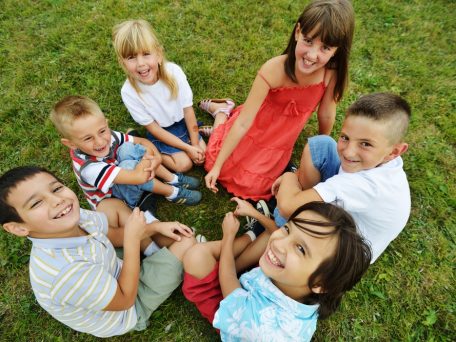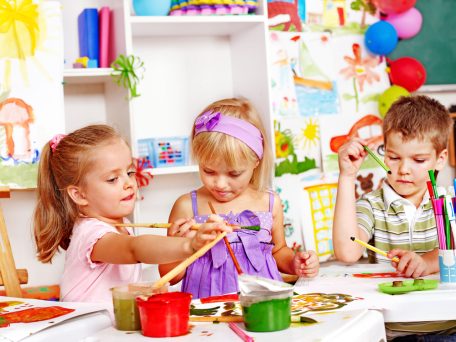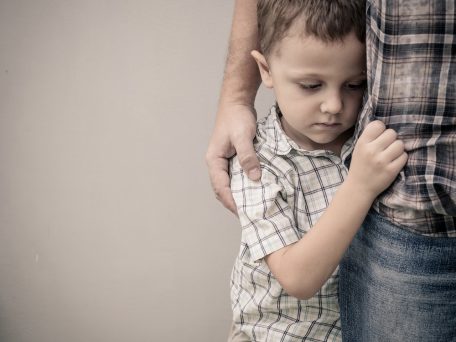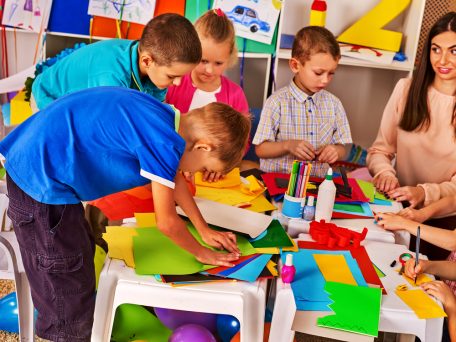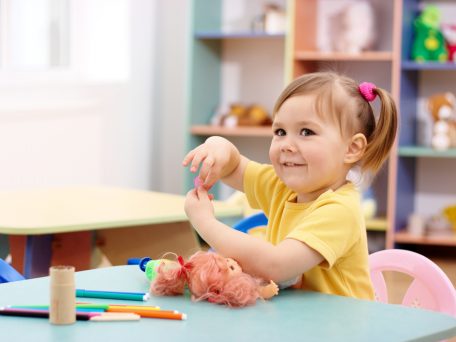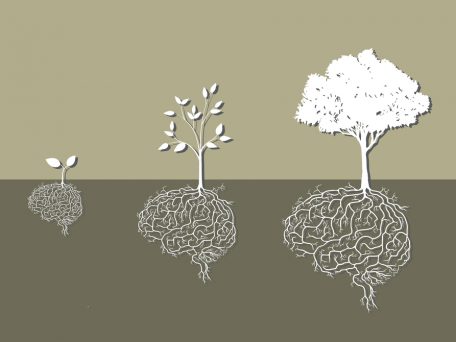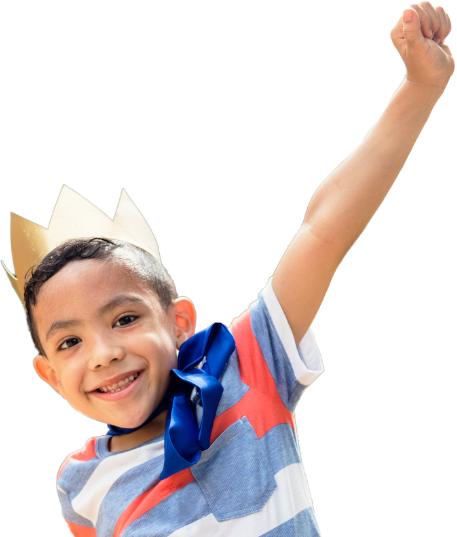Circle time is a common part of preschool through the early years of standard education. The idea behind circle time is to get kids active and engaged with the teacher, and to help form bonds with those kids.
Kids who participate in circle time can reap a lot of benefits besides getting to know their teacher. Kids who participate often have better speaking skills than children who don’t, improved self-esteem, and better social skills.
There’s no doubt that circle time is a positive activity, but only if it’s engaging. Sometimes kids can spend their circle time scuffing the carpet and wondering when it will done. To keep things exciting, here are three exciting activities for circle time.
Bug in a Rug
Bug in a Rug is a memory game that is not only fun for everyone, but helps build short term memory skills. While one child’s back is turned, another child is under a rug in the middle of the circle. The child who has their back turned must then turn back, and guess who is under the rug.
In order to guess, they’ll need to look at who is still in the circle and guess who is missing. This is a fun game for everyone and works very well to keep kids engaged.
Dance Freeze
Sometimes kids need to get their energy out. Dance freeze can help them get their wiggles out in a fun and constructive way. To play this game, kids dance to circle time music. When the music stops, kids have to freeze exactly how they are!
This is a fun game for gross motor skills, attentiveness, and to help build bonds between their classmates.
Choose fun and silly songs to help keep the kids engaged and having fun while they dance and freeze.
Group Art Project
Sometimes it’s better to have an activity kids can do quietly. A group art project can help build fine motor skills, team work, and social skills. Try having the kids paint together on one huge sheet of paper. They can work together to decide what to paint, and then hang it on the wall later as a decoration.
You may be able to engage kids more by asking them what they want to paint, and if they want to work together on one big idea, or lots of little small ideas.
A group art project is particularly wonderful for the classroom because it doesn’t need any fancy equipment. All you need to get started is a big piece of paper and some paint supplies.
Circle time is a common activity in preschool, and with these fun games and activities, could become the highlight of their day. When children are eagerly looking forward to circle time, they’re more likely to reap the benefits.
A child who is active and engage with their fellow students and teacher will have better social skills, focus, and fun.
The next time you’re planning a circle time activity, give one of these three activities a try. Kids are sure to enjoy these activities whether they are sitting down or standing up, and will have a great opportunity for learning.






